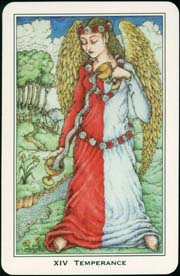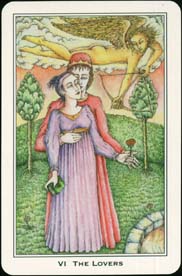I went to the cupboard, but it was bare. "But I'm starving!" I moaned,
Or Third Person:
Sue went to the cupboard, but it was bare. "But I'm starving!" she moaned.
Most books use third person, because first person not only reads as if the reader were the actual character in the book, but it also makes it difficult or impossible to show any other character's POV than the narrator's. But some writers go with first person as they feel it brings the reader closer.
The second type of POV is figuring out which character in a particular scene is the narrator of that scene; in other words, the one telling what happens in that scene. Examples:
Sue went to the cupboard, but it was bare. In fact, she saw nothing edible in the kitchen at all.
"But I'm hungry!" Jane whined.
Sue rolled her eyes. Jane was such a baby.
In the above passage, we're hearing Sue narrate what's happening. We hear and see only what she hears and sees. Thus we don't know what Jane thinks, only what she says. If you do this:
Sue went to the cupboard, but it was bare. In fact, she saw nothing edible in the kitchen at all.
"But I'm hungry!" Jane whined. She just knew Sue was hiding food somewhere.
Sue rolled her eyes. Jane was such a baby.
Now you're "head-hopping," i.e. moving from one character's thoughts to another. Don't do that! At least, not within a single scene. It's okay to change narrators when you change scenes.
I'm going to ask the tarot today to help me choose a main narrator for my story. Today's tarot deck is the Nigel Jackson Tarot--one of my favorites. Here are a couple of sample cards from the deck:


Images courtesy of Aeclectic Tarot
The card I drew is the Hanged Man. This card tells me my main narrator should be someone seeking wisdom, who is going to go through a trial before achieving his/her goal. Self-sacrifice and a reversal of attitude will come about before the narrator achieves serenity.
So it sounds like my narrator will have quite an obstacle to overcome. What about yours?
2 comments:
Very interesting. Thanks for the warning about head hopping!
That's one thing I see even multi-pubbed authors do...head-hop. But it really pulls the reader out of the story, trying to figure out just who is narrating.
Post a Comment